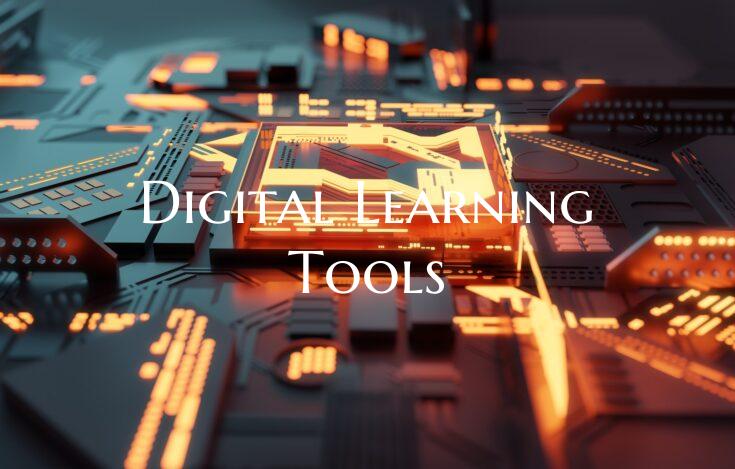Digital Learning Tools
In today's fast-paced and technology-driven world, digital learning tools have revolutionized the way education is delivered and received. These tools encompass a wide range of technologies, applications, and platforms that empower educators and learners to engage with content in dynamic and interactive ways. From online collaboration platforms to virtual reality simulations, digital learning tools have opened up a wealth of new possibilities for enhancing the teaching and learning experience.
One of the key advantages of digital learning tools is their ability to cater to diverse learning styles and preferences. With interactive multimedia elements, adaptive learning algorithms, and personalized feedback mechanisms, these tools can provide a tailored learning experience that meets the individual needs of students. This personalized approach not only promotes deeper engagement with the material but also helps to improve retention and understanding of key concepts.
Furthermore, digital learning tools offer unprecedented flexibility and accessibility. With the rise of online learning platforms and mobile applications, students can now access educational content anytime, anywhere. This flexibility is particularly beneficial for learners with busy schedules, enabling them to study at their own pace and convenience. Additionally, digital tools facilitate collaboration and communication among students and teachers, breaking down geographical barriers and fostering a sense of community in the virtual classroom.
Another major advantage of digital learning tools is their ability to enhance the learning process through interactive simulations and immersive experiences. Virtual reality and augmented reality applications, for example, can transport students to virtual environments where they can explore complex concepts in a hands-on and engaging manner. These simulations not only make learning more fun and interactive but also provide opportunities for practical experimentation and real-world application of knowledge.
In conclusion, digital learning tools have the potential to transform education by making the learning experience more engaging, personalized, and accessible. By harnessing the power of technology, educators can create dynamic and innovative learning environments that inspire students to explore, learn, and grow. As we continue to embrace the possibilities of digital tools in education, we can look forward to a future where learning is not constrained by traditional boundaries but enriched by the limitless opportunities that technology has to offer.

